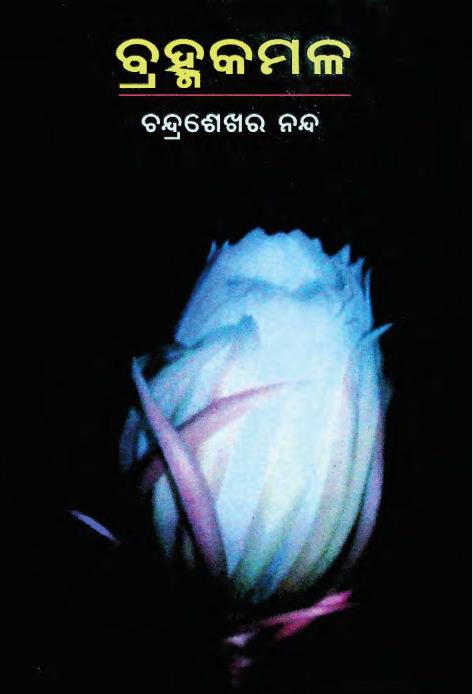Published in 2011, Brahmakamala by Chandra Sekhar Nanda is an evocative work that delves into the intricate tapestry of human emotions, relationships, and the profound impact of socio-cultural factors on individual lives. This book comprises a collection of one-act plays, each unveiling different facets of drama and the human spirit. Through its sub-dramas, Nanda masterfully captures the essence of struggle, redemption, and the beauty of human connections, making it a significant contribution to contemporary Indian drama.
At the heart of Brahmakamala lies the idea that drama is not just about staged performances but serves as a reflection of reality. Nanda’s characters are intimately connected to their environments, allowing readers to engage with the underlying socio-cultural narratives that shape their lives. Each play in the compilation presents unique circumstances, blending realism with elements of traditional Indian storytelling. The poignant dialogue and vivid characterizations resonate with readers, drawing them into the emotional landscapes of the protagonists.
One standout aspect of Brahmakamala is how Nanda explores identity and the search for belonging. In one of the one-act plays, a struggling artist grapples with societal expectations while seeking validation for his creativity. His journey reflects the universal quest for acceptance and understanding, showcasing how art can be both a refuge and a source of inner turmoil. This theme is further emphasized when the artist interacts with a patron who represents the commercial aspect of creativity, leading to a compelling conflict that highlights the tension between artistic integrity and the pressures of conformity.
Another significant play in the compilation revolves around familial relationships and the complexities of love and sacrifice. In a moving portrayal of a mother-daughter relationship, Nanda illustrates how generational gaps can lead to misunderstandings and emotional estrangement. The setting of their home serves as a microcosm for larger societal issues, where tradition clashes with modernity, and personal aspirations conflict with familial duties. The dialogues are rich with subtext, revealing the layers of regret, hope, and a yearning for connection that ultimately drives the characters toward reconciliation.
Nanda’s ability to weave in cultural elements reminiscent of Indian mythology and folklore also adds an enriching layer to Brahmakamala. The symbolic references elevate the narrative, inviting readers to draw parallels between the characters’ struggles and larger philosophical questions. The title itself, Brahmakamala, an allusion to a beautiful lotus often associated with spiritual awakening, suggests a journey toward enlightenment—where characters learn and grow through their adversities.
In essence, Brahmakamala by Chandra Sekhar Nanda is a celebration of theatrical versatility and emotional depth. It deftly combines traditional Indian themes with contemporary issues, making the work relevant across different generations. This compilation serves as an essential read for those interested in exploring the nuances of human relationships, identity, and the transformative power of drama. Nanda’s skillful storytelling and profound insights into the human condition make Brahmakamala a poignant reminder of the resilience of the human spirit, capable of rising above complexities to find beauty in life’s challenges.
Books Info
| Books name | Brahmakamala / ବ୍ରହ୍ମକମଳ |
| Author | Chandra Sekhar Nanda |
| No Of pages | 166 |
| Publisher | Gyanajuga Publication |
| Publication | 2011 |
| Printed At | Creative Offset |
| Distributor | NA |

